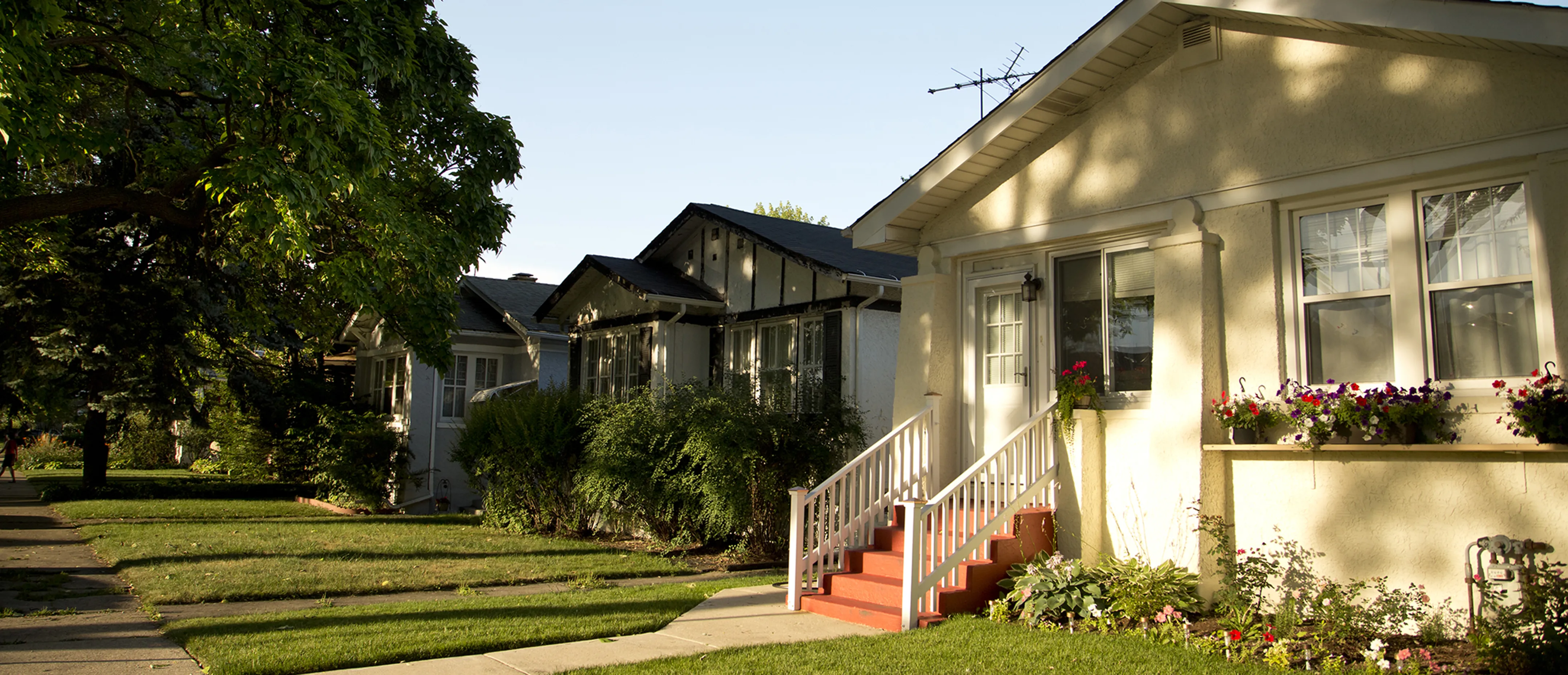History in Back of the Yards
Vintage Restaurants
Schaller's Pump
Schaller's Pump is the oldest restaurant in the City of Chicago. It opened at 3714 South Halsted Street in 1881, but had a different name until it was purchased by George “Harvey” Schaller at the end of Prohibition era. It's called "Schaller's Pump" because, in the old days, the beer was pumped in from a brewery next door. The restaurant was frequented by at least five former Chicago mayors who hailed from the same Bridgeport neighborhood. It's mere location, across the street from the local Democratic ward office, nearby the old Union stockyards, and a short walk from Comiskey Park (er, Guaranteed Rate Field), essentially confirms the notion that many plans and schemes affecting Chicago's history were hatched over drinks and dinner here. UPDATE: Schaller's Pump has unfortunately permanently closed.
History in Back of the Yards
Residents
Mary McDowell
Mary McDowell, who resided at 4655 South McDowell Avenue, was a founder of the Women's Trade League Union and established a settlement for immigrant families in the Back of the Yards following the 1894 Pullman strike. McDowell pressured the city to create its first waste commission and became one of its first members. Also known as the "Angel of the Stockyards," in 1902 she helped organize the city's first women's local union of the Amalgamated Meat Cutters.
Saul Alinsky
Community organizer Saul Alinsky focused on improving poor communities all across the country, and he started in Chicago in the Back of the Yards in the 1930s. He wanted to turn the "scattered, voiceless discontent into a united protest," and he moved from Kansas City to Detroit to California and back to Chicago's slums in the 1950s. Alinsky once said, "It does not matter what you know about anything if you cannot communicate to your people. In that event you are not even a failure. You're just not there." while in chicago, alinsky resided at 4430 south marshfield avenue.
History in Back of the Yards
Checagou
Upton Sinclair - The Jungle
When Upton Sinclair came to Chicago in 1904 to write "The Jungle," he visited the Transit House, which was a hotel adjacent to the stockyards at South Halsted between 42nd and Root Streets. According to Anthony Arthur's book "Radical Innocent: Upton Sinclair," the Transit House was "a favorite hangout for newspaper men" and "the first place an inquisitive reporter new to town would visit." Upon arriving at the hotel, Sinclair was quoted as saying, "Hello! I'm Upton Sinclair! And I've come here to write the 'Uncle Tom's Cabin' of the labor movement!"

